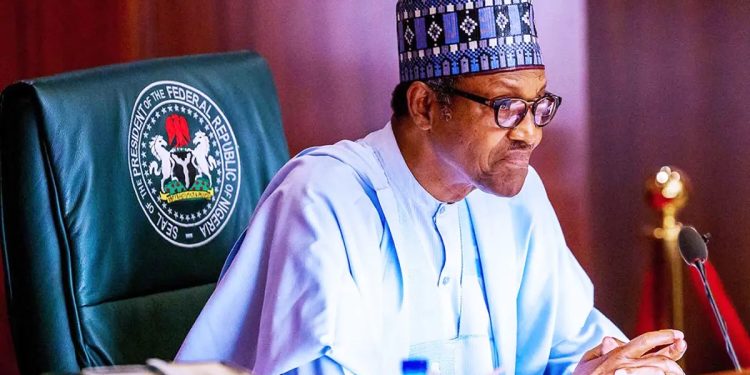Federal High Court in Abuja has instructed the President Muhammadu Buhari-led administration to provide a comprehensive account of the expenditure of a $460 million Chinese loan that was intended to finance the “failed” Abuja closed-circuit television (CCTV) project.
Judge Emeka Nwite issued the order while delivering his judgement in response to the freedom of information suit ‘FHC/ABJ/CS/1447/2019’ filed by the Socio-Economic Rights and Accountability Project (SERAP).
The judge’s order compels the government to publicly disclose the total amount of money disbursed to both Chinese and local companies and contractors involved in the project. Furthermore, specific details regarding the identities of these companies and contractors, as well as the status of the project’s implementation, are to be made available to the public.
SERAP initiated the lawsuit against Zainab Ahmed, the finance minister, in December 2019 due to the failure to disclose vital information and specific documents regarding the total payments made to contractors from the $460 million loan obtained from China in 2010 to fund the Abuja CCTV project. Ahmed had previously admitted that Nigeria was servicing the loan but provided no explanations regarding the project’s status.
In his ruling, Judge Nwite agreed with SERAP, affirming that there was a reasonable cause of action against the government. He stated, “Accounting for the spending of the $460 million Chinese loan is in the public’s interest. It would be detrimental for the court to deny SERAP’s application for judicial review of the government’s actions.” He further emphasized that the finance minister, as the custodian of the country’s finances, should be well aware of the amounts paid to contractors for the Abuja CCTV contract and the funds allocated for the construction of the Code of Conduct Bureau headquarters.
The judge’s ruling also called for the government to provide “details clarifying whether the sum of N1.5 billion paid for the failed contract meant to construct the headquarters of the Code of Conduct Bureau was part of another loan obtained from China.”
Nwite granted an order of mandamus, compelling the federal government, through the finance minister, to furnish SERAP with information on the total amount of money paid to contractors, including specific details of the names of the companies and local contractors involved. This information is to be provided from the $460 million loan obtained in 2010 from China by the Federal Government of Nigeria for the ill-fated Abuja CCTV project.
The judgment states, “An order of mandamus is hereby made directing and compelling the government (through the Minister of Finance) to provide the details of the local companies and Chinese contractors that have received funds from the $460 million loan for the finance of the Abuja CCTV contract, as well as details of the status of implementation of the project.” It further adds, “An order of mandamus is hereby made directing and compelling the government (through the Minister of Finance) to provide the details clarifying whether the sum of N1.5 billion mobilization fee reportedly paid to the contractors for the construction of the Headquarters of the Code of Conduct Bureau in Abuja was part of another loan from China.”
This court ruling marks a significant milestone in the pursuit of transparency and accountability in the management of public funds. It reinforces the public’s right to access information concerning government expenditures and serves as a reminder of the importance of responsible financial governance.
The Nigerian government now faces the task of complying with the court’s order and providing the requested information to SERAP. The outcome of this case will have far-reaching implications, setting a precedent for future investigations into government spending and ensuring the effective utilization of borrowed funds for development projects.
The public eagerly awaits the government’s response, as it seeks transparency, accountability, and the reassurance that public funds are being utilized in the best interest of the Nigerian people.











